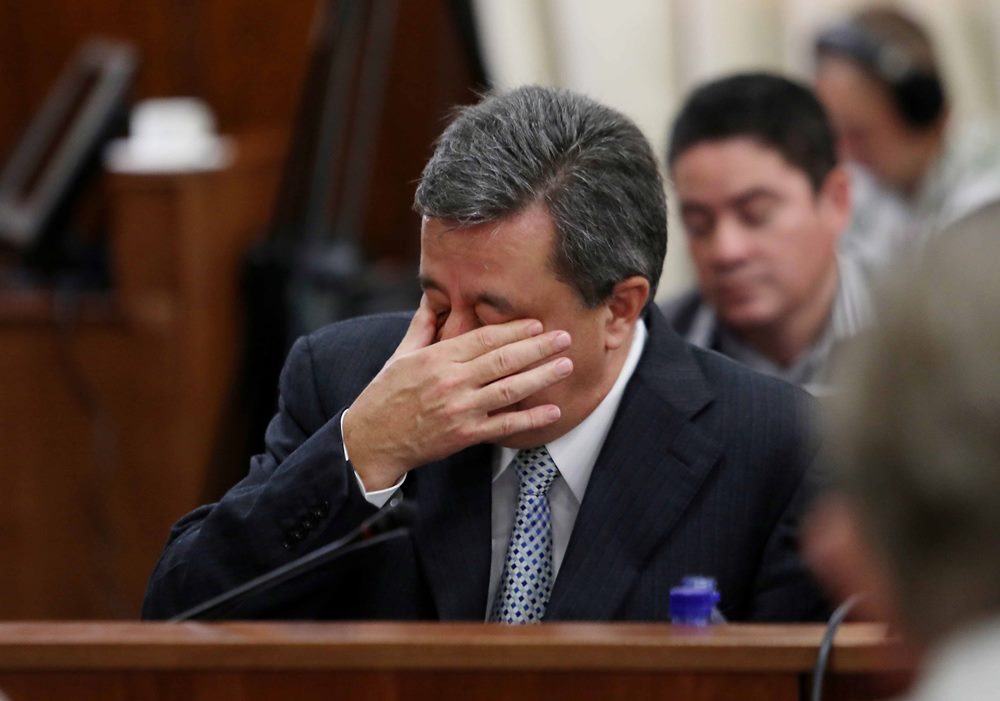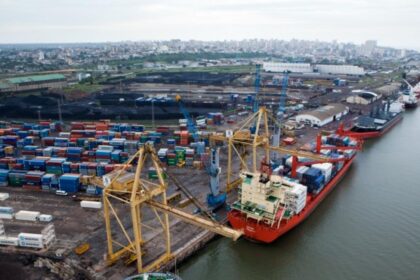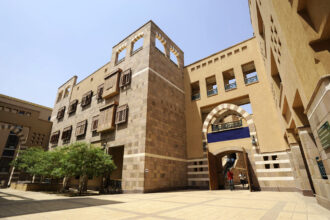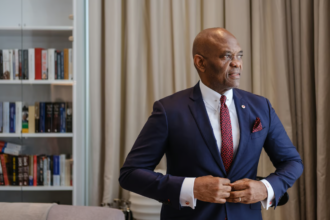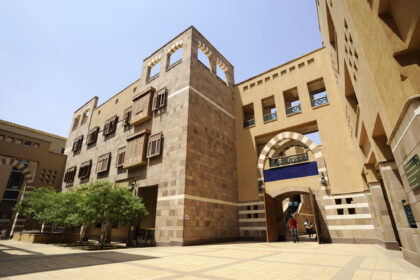At a Glance
- Africa loses $148 billion yearly to corruption draining resources meant for development.
- Scandals in Nigeria, South Africa, and Congo reveal deep governance and oversight failures.
- Stronger enforcement and transparency reforms are key to rebuilding investor and public trust.
Corruption remains one of Africa’s biggest obstacles to growth, draining nearly $148 billion each year from public coffers.
From Nigeria to South Africa, a string of corporate corruption scandals has exposed how politics, power, and profit intertwine across industries. These cases, spanning oil, mining, and finance, show how weak oversight and global complicity cost the continent billions.
Countries such as Kenya, Nigeria, and South Africa have strengthened anti-graft laws and watchdogs, yet enforcement remains weak.
The lessons from Halliburton, Malabu, and the Guptas are clear—corruption thrives in silence and impunity.
Every inflated contract diverts funds from essential services; analysts say the money lost in Nigeria’s OPL 245 deal alone could have financed nationwide health programs for years.
Trials often stall, evidence disappears, and cross-border investigations falter as illicit funds move through tax havens from London to Zurich.
Tackling this requires independent oversight, tougher procurement systems, and international cooperation.
For Africa to unlock its full potential, integrity must move from rhetoric to routine. Multinationals must uphold the same standards they follow elsewhere, while journalists, civic groups, and citizens demand transparency.
Building institutions that resist political pressure and protect public resources is no longer optional; transparency must become the cost of doing business.
Shore Africa spotlights 10 of Africa’s largest corporate corruption scandals, from Halliburton’s $180 million bribe to the Guptas’ state capture in South Africa.
1. Steinhoff’s Accounting Fraud
PwC investigation finds $7.4 billion accounting fraud at Steinhoff
When Steinhoff International collapsed in 2017, billions in shareholder value and pension savings vanished. The accounting scandal effectively closed the chapter on the Markus Jooste accounting fraud between 2011 and 2014, a scandal-plagued period that triggered Steinhoff’s collapse in what became South Africa’s largest corporate fraud. This finds Steinhoff itself burdened with a debt exceeding $10 billion, a reminder that corruption in Africa’s corporate world doesn’t always involve politicians; it can start in the boardroom, through deceit and weak internal checks.

2. Halliburton-KBR in Nigeria
The $180 million bribe
Halliburton’s former unit KBR admitted to paying about $180 million in bribes to Nigerian officials to secure a liquefied natural gas contract in Bonny Island. The fallout was global. Executives faced trial abroad, the company paid heavy fines, and Nigeria’s image took another hit. The case underscored how foreign firms exploit weak oversight—and how essential cross-border enforcement has become under laws such as the U.S. Foreign Corrupt Practices Act.

3. The Malabu / OPL 245 oil scandal, Nigeria
In 2011, Shell and Eni paid roughly $1.1 billion for an oil block known as OPL 245.
In 2011, Shell and Eni paid roughly $1.1 billion for an oil block known as OPL 245. Instead of reaching the public treasury, most of the funds ended up in accounts linked to former petroleum minister Dan Etete. Investigations in Italy, the U.K., and Nigeria traced the money through offshore companies and luxury purchases. The scandal revealed how political influence and secrecy can derail reform efforts in resource management.

4. State capture and the Gupta Network, South Africa
South Africa’s “state capture” crisis exposed how business interests can infiltrate government. The Gupta family, through close ties with former President Jacob Zuma, influenced cabinet appointments and major state contracts. The “Gupta Leaks” revealed how consulting firms and auditors were drawn into the web. The damage to state firms such as Eskom and Transnet was profound, leading to rolling blackouts and soaring costs. The scandal reshaped South Africa’s politics and public trust in its institutions.

5. Glencore’s bribery network
In 2022, Glencore admitted paying more than $100 million in bribes in Nigeria, Cameroon, and the Democratic Republic of Congo to secure oil and mining rights. It agreed to a $1.5 billion global settlement with U.S., U.K., and Brazilian regulators. The case highlighted how opaque commodity trading still thrives in poorly regulated markets.

6. Odebrecht’s African Footprint
Brazilian construction firm Odebrecht exported its corruption playbook to Angola and Mozambique, paying millions in bribes for public contracts. The company’s record US$2.6 billion global fine revealed how postwar reconstruction projects became a magnet for graft where oversight was thin.

7. Bain & Company and the SARS Capture
In South Africa, consultancy Bain & Company faced public anger after an inquiry found it helped restructure the South African Revenue Service to the detriment of tax collection. The move crippled the agency and eroded public confidence. Bain later apologized and repaid some fees, but the damage to state capacity was lasting.

8. Semlex and the DRC Passport Scandal
In the Democratic Republic of Congo, Belgian firm Semlex was accused of bribing officials to win a passport contract that sharply raised fees for citizens. Most profits went offshore to politically connected middlemen—a reminder that ordinary Africans often bear the direct cost of corruption.

9. SAA and PRASA: Public Enterprises in Crisis
South African Airways and the Passenger Rail Agency of South Africa became cautionary tales of mismanagement and political interference. Inflated deals and poor oversight drained billions from taxpayers. At PRASA, trains worth billions of rand were unusable on local tracks. These failures revealed how corruption erodes national assets built over generations.

10. SNC-Lavalin Bribery Scandal
SNC-Lavalin, a Canadian construction company, was accused of paying bribes to officials in Libya and other countries. The company agreed to pay $47.8 million in fines.


